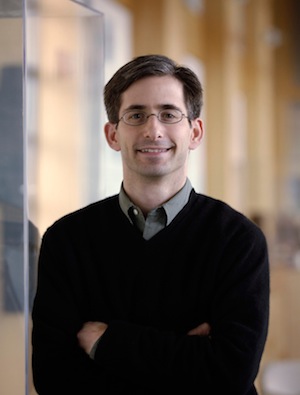By Kevin Klipstein
International athletic competitions such as the Olympics and the FIFA World Cup have a way of uniting nations and obscuring differences among people. Rooting for your country just feels good, and rallying behind a team brings people together. Put that team in contention, and it’s that much better. We will get the rare opportunity of enjoying this “collective experience” on our home turf when we host the 2011 Women’s World Junior Squash Championships, July 20–30, at Harvard University.
Building a cohesive national squash community is one of the more elusive challenges we face. “Think globally, act locally” we are told, and in so doing, whether participating on a district team in leagues or supporting an urban squash program, we share a collective experience beyond the sport. Creating this on a national level is harder to do.
It may have been simpler when the sport was much smaller, and National Championships literally served the function of a collective experience for the squash community to a large degree. There were only a handful of Nationals, and the players mostly knew each other, in many cases having traveled to compete against each other in cities throughout the country during the season. Even the age division and skill level championships were small enough to hold on the same weekend, in the same location. With our recent growth, and the expansion to 20 National Championships serving 5,000+ total participants, this collective experience is left to what we find out online or read about in the magazine.
Growth is ultimately one of our central goals as an Association, and it has created more opportunities for us to add value to players’ experiences. Our recent membership survey showed that more members are satisfied than they have been before, and more people, by a significant margin, feel we are headed in the right direction.
One possible influence on this positive trend may be our continued emphasis on team squash throughout the competitive structure. We have invested tens of thousands of dollars in junior development grants through our Scholastic Squash Program to seed new middle and high school programs across the country and will continue to do so to maintain momentum. For adults, team competition is also on the rise, with the largest District leagues showing 30% growth in participation over the last two years. The National League Final, launched this season and bringing together the best league teams from across the country this May in Boston, will add another level of competition, meaning and connection.
A former top professional now involved in elite player development, summarized the appeal of team squash by saying, “when you play on a team, the highs are much higher, and the lows aren’t quite as low.” Perhaps this s explain why high school squash has continued to grow in popularity. We host the largest team squash tournament in the world in the U.S. High School Team Championships, and the type of playing experience or a high school player is completely different, than that of the individual competitor. It’s even different for us as organizers. When we leave the event, rather than feeling wiped out and exhausted by hosting 1,100 players on 44 courts at four venues for three full days, we are energized by the competition, heartened by the sportsmanship, and enthusiastic about creating these opportunities for more players across the country.
The recently announced Women’s World Junior Individual and Team Squash Championships is one of the most prestigious individual and team tournaments in the world. Amanda Sobhy will be defending World Champion, and the U.S. Junior National Team will also be very competitive. The championships will provide an excellent opportunity for our elite players, and will serve as an inspiration to junior players from around the country. National pride, team sport, in contention…all the ingredients are there.
As the US squash community rallies around this event, with 1,500 fans chanting “USA! USA! USA!” and thousands more following on the internet while our players and team pursue the titles, we may just share that collective experience again as a national squash community. One thing I do guarantee, is that being part of the World Junior Championships, whether as a player or a fan, will be one of the most memorable squash experiences of your life.



